Introducing Rakewell, Apollo’s wandering eye on the art world. Look out for regular posts taking a rakish perspective on art and museum stories. Follow @Rakewelltweets.
Show don’t tell, runs the old cliché. But earlier this month, Tate Britain threw caution to the wind and did precisely the opposite. The museum, in collaboration with ad agency Grey London, unveiled a new selection of posters focusing on works in its collection, which would be entirely unremarkable were it not for the fact that the exhibits in question don’t actually feature on them. Instead, we get a handy description of Millais’s Ophelia, Stephen van der Meulen’s Portrait of Elizabeth I and Francis Bacon’s Triptych – August 1972.
Anyone hoping for a sober, academic appraisal of the works will be disappointed.
‘Grief has never looked so beautiful’, proclaims the text dedicated to Ophelia (and confusingly set out like a stanza of poetry), ‘Quite a paradox, as surely it must be the hardest emotion we have to bear’. But Tate doesn’t let that spoil a good sales opportunity: ‘the haunting subject makes this painting an unlikely favourite’, it reads, ‘in postcard form it remains far and away Tate Britain’s biggest seller’.
Exit through the gift shop indeed. Though if you can’t stretch to a postcard, you can always have a stab at making your own. As the text for the portrait of Elizabeth I reminds us:
If you like likes
or shares,
come and take a selfie
with the Queen of selfies.
Queen Elizabeth I.
Or, as the Rake might well recommend, don’t.
Got a story for Rakewell? Get in touch at rakewell@apollomag.com or via @Rakewelltweets.
More from Rakewell
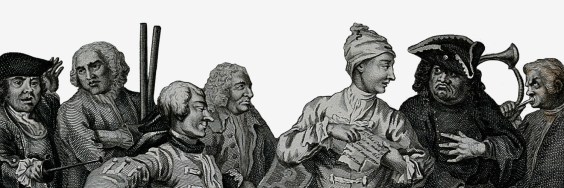
Unlimited access from just $16 every 3 months
Subscribe to get unlimited and exclusive access to the top art stories, interviews and exhibition reviews.

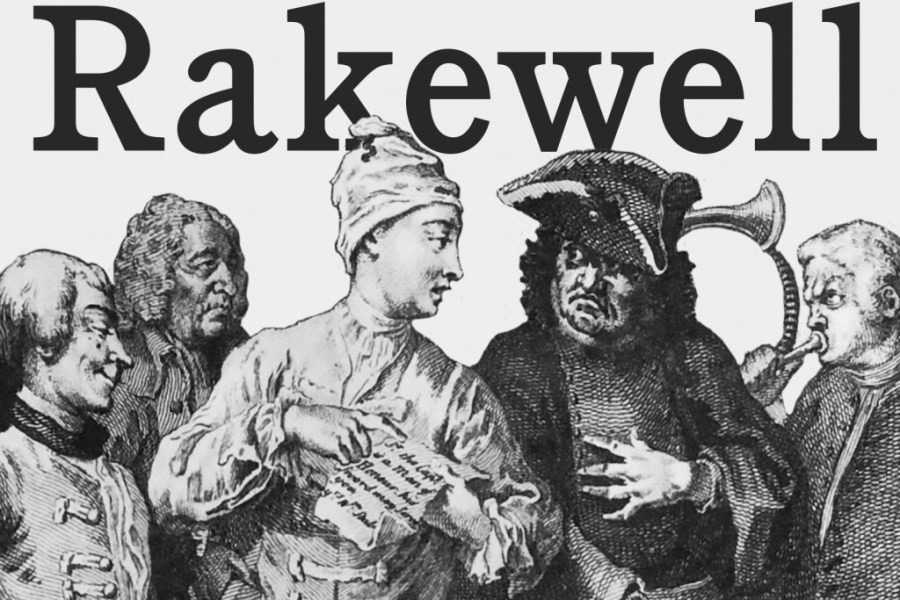

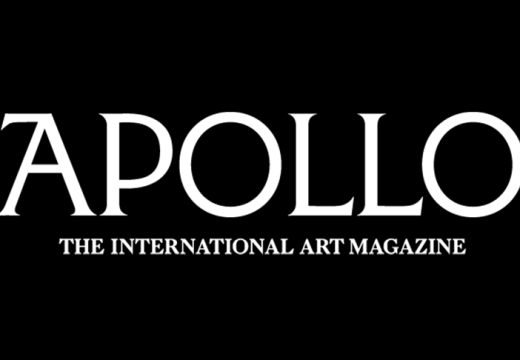
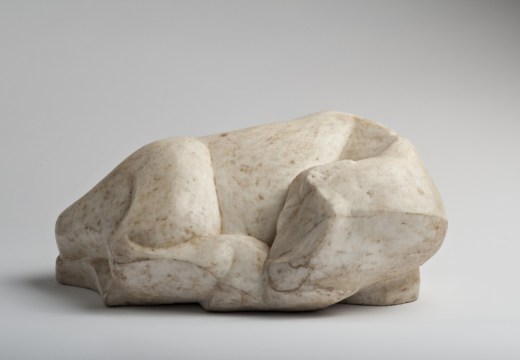
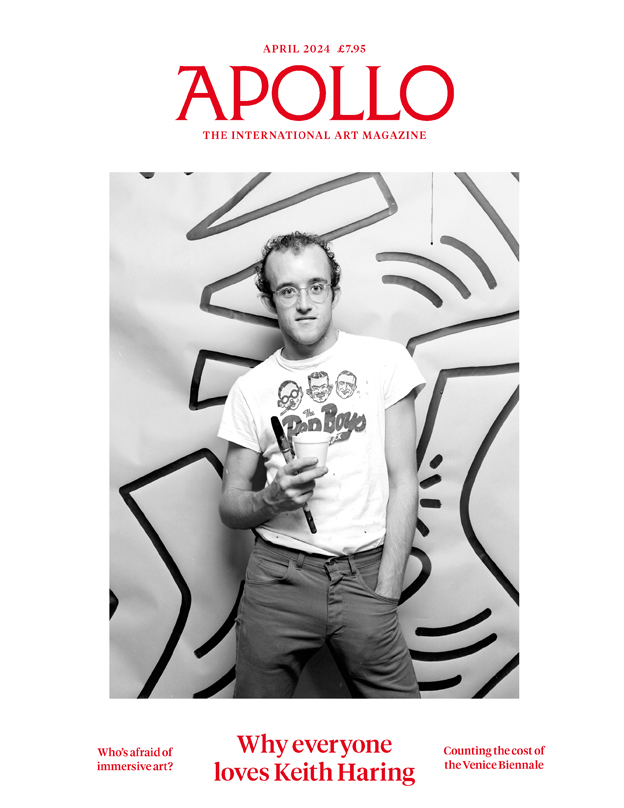
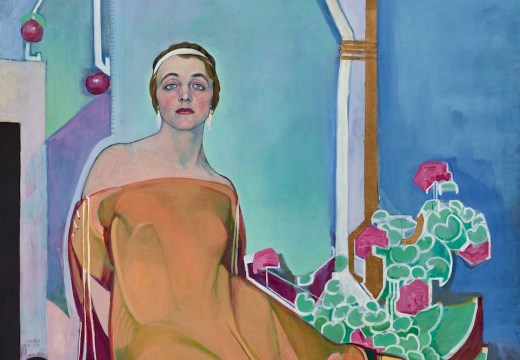
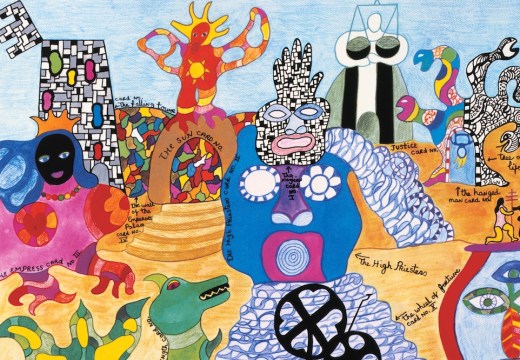
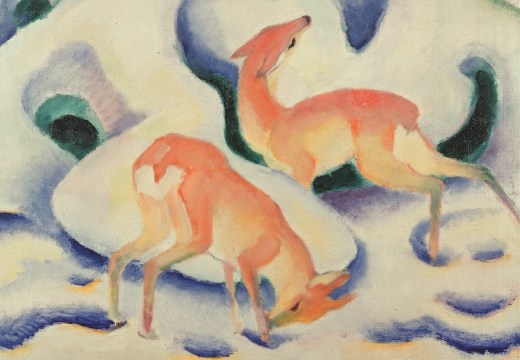
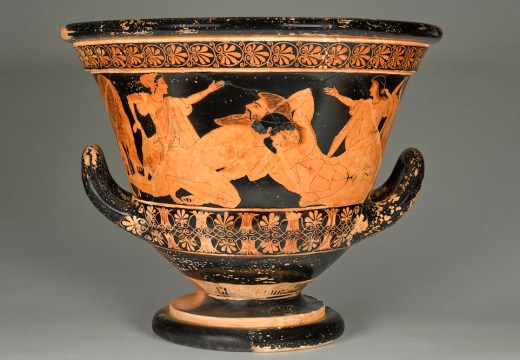



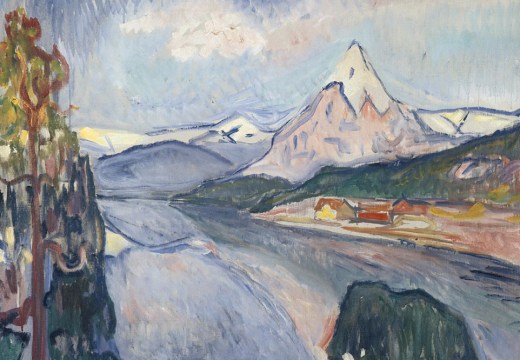
![Masterpiece [Re]discovery 2022. Photo: Ben Fisher Photography, courtesy of Masterpiece London](http://www.apollo-magazine.com/wp-content/uploads/2022/07/MPL2022_4263.jpg)
Why are fathers so absent from art history?